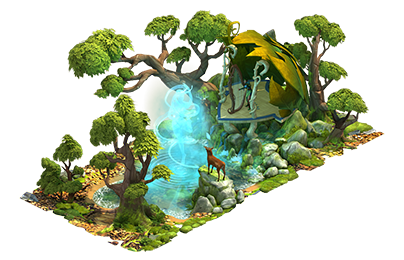you cannot and do not speak for all, so do not try
i do and have been in a similar situation.... noone died









[/QUOTE
My bet that "we would all take the life of the one over the many" seems to me not to be speaking for others but assessing what I think how most, if not all, people would assess the situation as described. It is not speaking for anyone but only giving my assessment of what I think everyone would do.
More interesting to me though, is the implied idea that a person cannot tell others what to do. I think the phrase "you cannot and do not speak for all" implies that you do not think anyone has the authority to make blanket "ought" statements -- i.e. there are no situations of which a person can say what others ought to do, universally. I beg to differ.
First, "ought" implies a moral obligation. You cannot say "ought" without it being so, since any appeal to what is "natural" is an appeal to cause/effect and cause/effect does not include choice. You "ought" to do something implies that the ability to not do that something exists and you can choose it. Telling a person they ought to jump off a cliff and fly is not a moral choice unless the person has wings. Telling a person to drink poison and not be poisoned by it may be possible, but it's unlikely the person drinking the poison can avoid being poisoned by it without a lot of foresight and planning. In other words, "ought" means choice and ability to do otherwise.
So if I say you "ought" to do something I am saying I believe you have a choice to do it or not. And when I say all people ought to make the same choice I am saying that the reasoning for that choice is without fault and that reason itself is the best and only basis for making the choice. So if I say one ought to choose the many over the one, I am saying that doing so is the right course because, as implied, many are worth more than one. Given the scenario as described I stand by my affirmation. Others ought to choose to save the five over the one.
But I also noted that when you start gathering more information you may judge the situation differently. If the one is a child and the value of the child's live (because of potential) is more than that of the 5 adults. Or if the value of the single person is more than the five because the five have harmed society far more greatly than the one, then you might also choose the one over the many. Thus, the choice could be different if there were more information because more information may change the value of each choice. But given that all you see is five individuals on one side and one individual on the other, the lessening of the harm done is obviously to choose the five over the one.
In this situation we look at the moral choice and discover a simple, reasonable, basis for making that choice. We conclude that that basis is so easily discerned and understood, and so universally acknowledged to be sound, that to choose something else besides what it suggests, is akin to being irrational and perhaps even mad. And I would insist that being rational is what we all ought to be whenever possible.
AJ

 Dear forum visitor,
It looks as though you have not registered for a forum account, or are not signed in. In order to participate in current discussions or create new threads, you will need to register for a forum account by clicking on the link below.
Dear forum visitor,
It looks as though you have not registered for a forum account, or are not signed in. In order to participate in current discussions or create new threads, you will need to register for a forum account by clicking on the link below.